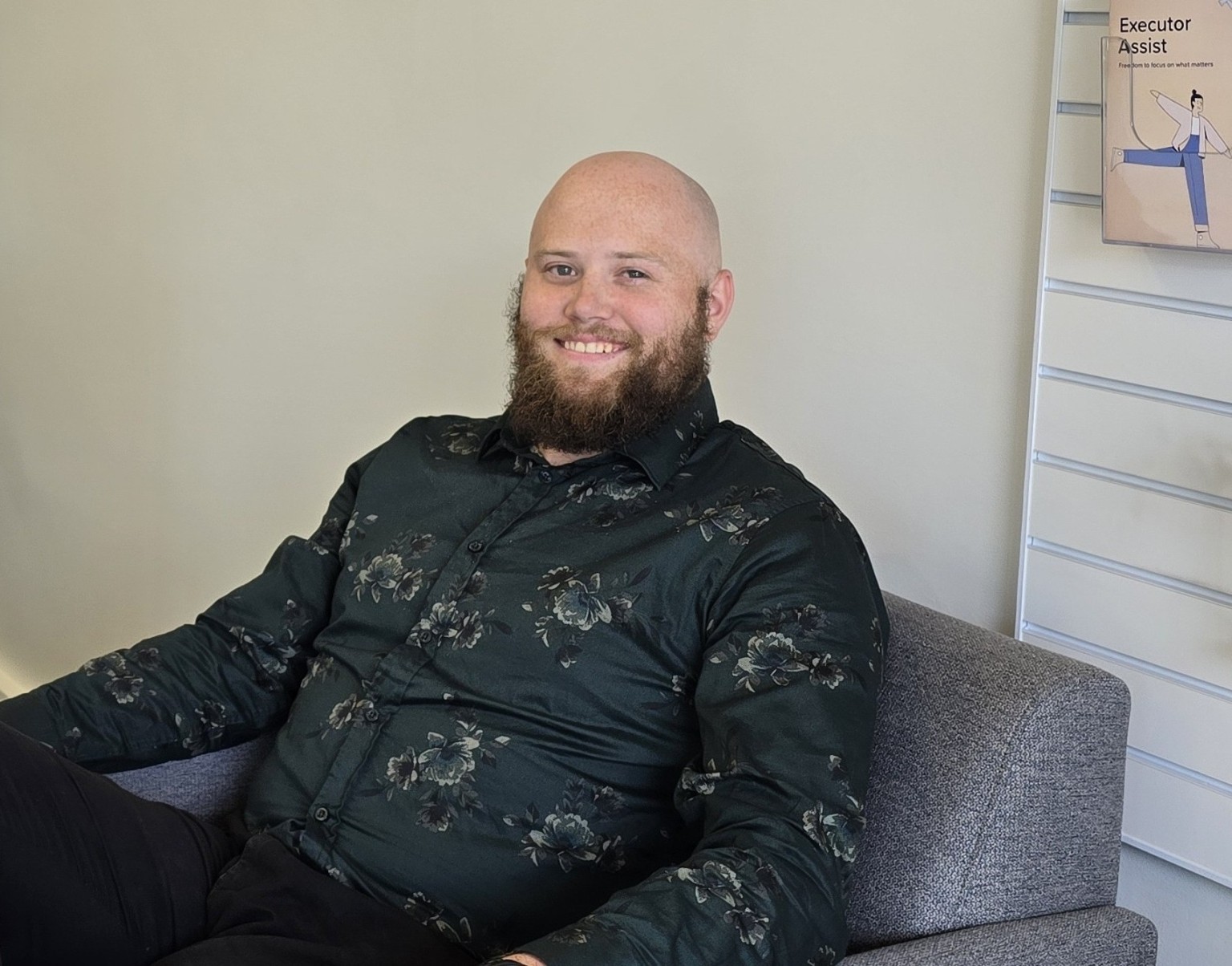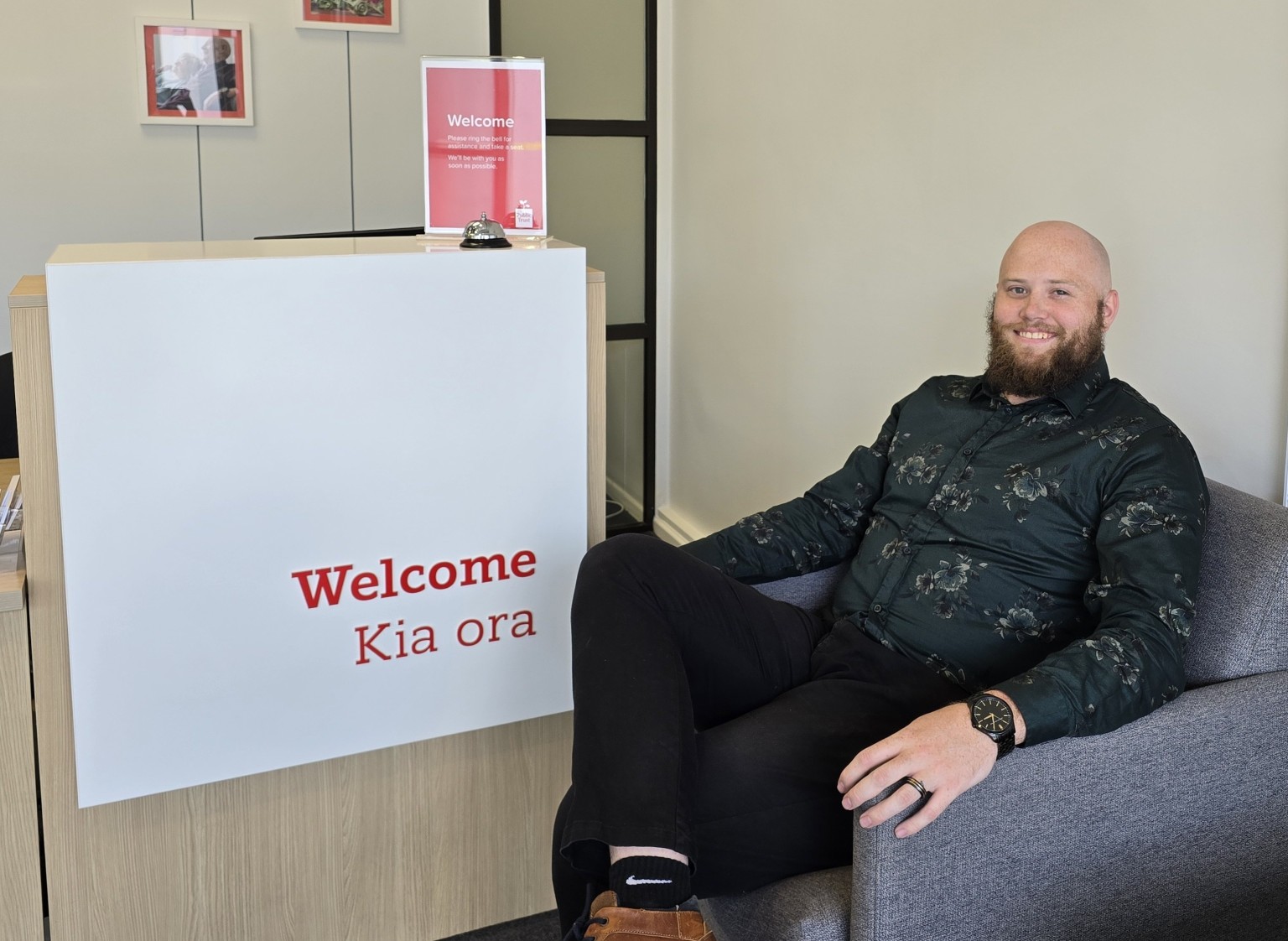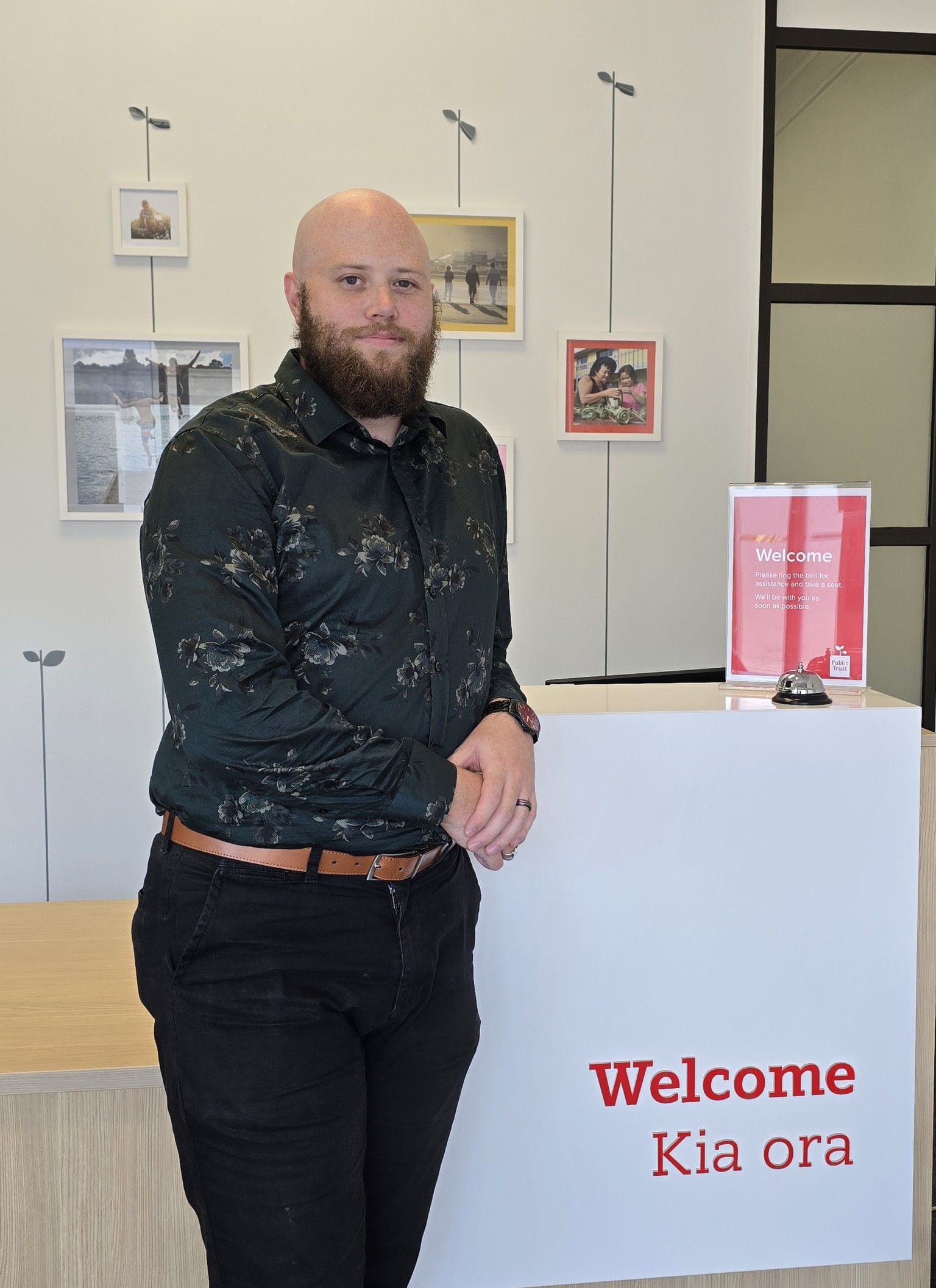Why more young New Zealanders need a will – a millennial’s perspective
Create a will and EPAs online
Zac Mortimer, acting Principal Trustee in Whangarei, doesn’t have to think hard to find an example of the fragility of life.
A few years after leaving school, a school friend was walking down the road to get groceries and died instantly from a brain aneurysm. It’s an experience that has shaped his career in financial services, including at Public Trust where he’s worked for 18 months.
Zac was about 22 at the time his classmate died. “It was very out of the blue and very sudden. It was probably my first experience where I realised mortality is a thing. You never know what’s going to happen.”

Why wills and enduring powers of attorney are important for younger people
This early experience made Zac passionate about encouraging younger people to get their wills and enduring powers of attorney in place, before they are needed.
“I think having these documents created is even more important when you’re younger. It’s an important time to make sure you’re protected,” Zac says, who turns 30 this year.
Many young workers have KiwiSaver accounts and other assets. “These are common things to have when you’re in the peak of your working career. These assets aren’t protected from an estate planning point of view if you don’t have a will.”
Wills are important if you’ve got young children
Starting a family can also be a trigger point to getting a will, Zac says. He and his wife have a new addition to the family – their 14-month-old son. Zac says it’s important to name a testamentary guardian for his young son in his will.
Zac understands it can be tough to talk about but encourages people to get the conversations started.
“We often aren’t direct – us New Zealanders like to dance around topics like that – but dancing around it doesn’t do yourself any service. Have a conversation around do you have these documents in place, what could happen if you don’t, and should you look at getting something in place?
“Once you do it, it’s a sense of relief, like ticking a box. You know you’ve got this in place, you go about your life, knowing your wishes are outlined.”

What happens if you die without a will?
Zac’s seen many examples of people who have died without a will. Dying without a will means the estate administration process can be longer for loved ones, cost more, and be more stressful.
“Families don’t know where to start and don’t know what they need to do, and there’s a lot of complexity. It’s a lot of stress for families to deal with and an awful situation for your family to be left in.”